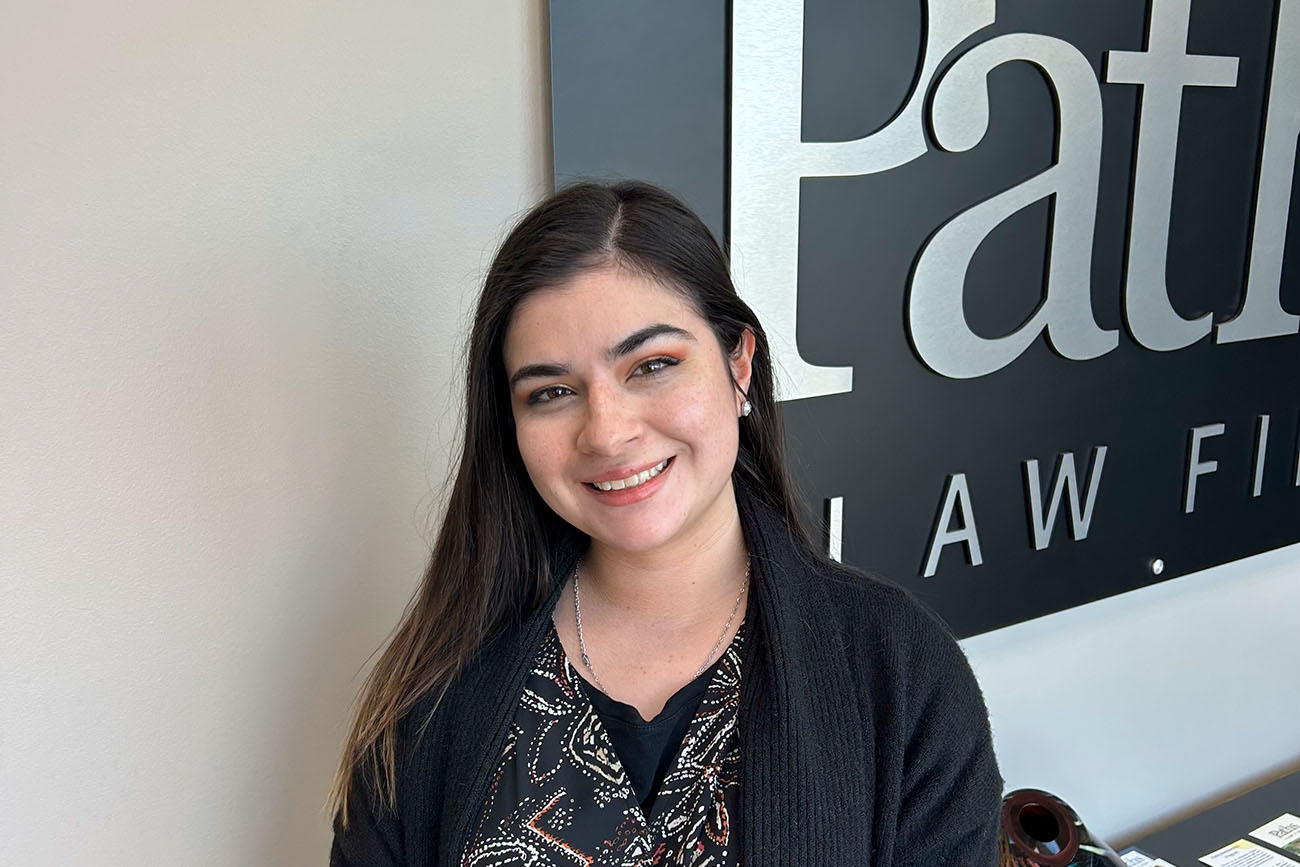Medicaid plays a crucial role in financing nursing home care in the U.S. However, understanding and navigating the complex Medicaid system can be overwhelming.
Understanding Medicaid
Medicaid, known as “KanCare” in Kansas or “MO HealthNet” in Missouri, is a joint federal-state program with many benefits, including health insurance coverage for seniors and individuals with disabilities. In addition to healthcare coverage, Medicaid also provides long-term care services for eligible individuals. While nursing home care has been the traditional focus, coverage for care in assisted living facilities or care at home is also possible.
Medicaid as Nursing Home Insurance

Medicare offers limited nursing home coverage, primarily for rehabilitation, but Medicaid has become the primary insurance option for middle-class individuals seeking long-term care. Often, individuals must privately pay for their care until they meet Medicaid’s eligibility criteria due to the absence of other public programs or long-term care insurance coverage. Consulting with an elder law attorney familiar with the specific Medicaid rules in your state is advisable to ensure you understand your rights and plan accordingly.
State-Specific Medicaid Systems
While each state administers its own Medicaid system, it is required to comply with federal guidelines in order to secure federal funding. The eligibility rules and requirements can vary across states and undergo regular changes, making the process complex. To navigate these intricacies and plan effectively, seek the guidance of an elder law attorney well-versed in the specific Medicaid programs in your state.
Medicaid and Nursing Home Admission
While the majority of nursing homes accommodate Medicaid residents, it is worth noting certain facilities may not or have a restricted number of Medicaid beds. To accept Medicaid payments, nursing homes must obtain certification from the state. Consequently, it is essential to inquire about a facility’s Medicaid acceptance policy prior to submitting an admission application.
Eligibility Criteria

In order to be eligible forMedicaid for nursing home coverage, individuals must satisfy stringent criteria regarding assets and income. While the asset limit is generally set around $2,000, it may vary slightly depending on the state. For example, the asset limit in Missouri is currently $5,700. It is permissible to spend down assets on expenses directly benefiting the Medicaid applicant and other purposes. Should one intentionally give away or gift assets for the purpose of qualifying for Medicaid, penalties will be assessed in the way of Medicaid not paying for the nursing home for a period of time determined by the amount of the gift and the state’s penalty divisor. Income limits also differ across states, with some permitting the retention of excess income in a trust, while others mandate that the surplus income be paid to the nursing home.
Level of Care Requirements
Satisfying the level of care requirements is crucial to be eligible for nursing home coverage. The specific criteria are established by each state and encompass an evaluation of an applicant’s functional, medical, and cognitive capacities. Typically, meeting the requirement involves requiring assistance with two or more activities of daily living (ADLs), such as bathing, dressing, eating, mobility, and toileting. Additionally, individuals may necessitate regular medical care or exhibit cognitive impairments affecting their decision-making capabilities.
Medicaid Coverage and Additional Expenses
Once eligible for Medicaid, the program covers basic expenses, but additional charges may apply for certain amenities like private rooms, comfort items, or specially prepared food. In certain situations, Medicaid can extend coverage to include specific home care services and, to a limited extent, assisted living care. Home care coverage is generally offered through “waiver” programs that provide home- and community-based services. However, the qualification criteria and extent of coverage can differ among states.
Application Process
To apply for Medicaid, contact your local Medicaid office, and consider seeking assistance from an elder law attorney like Paths Law, who can guide you through the application process and ensure compliance with Medicaid requirements.



































